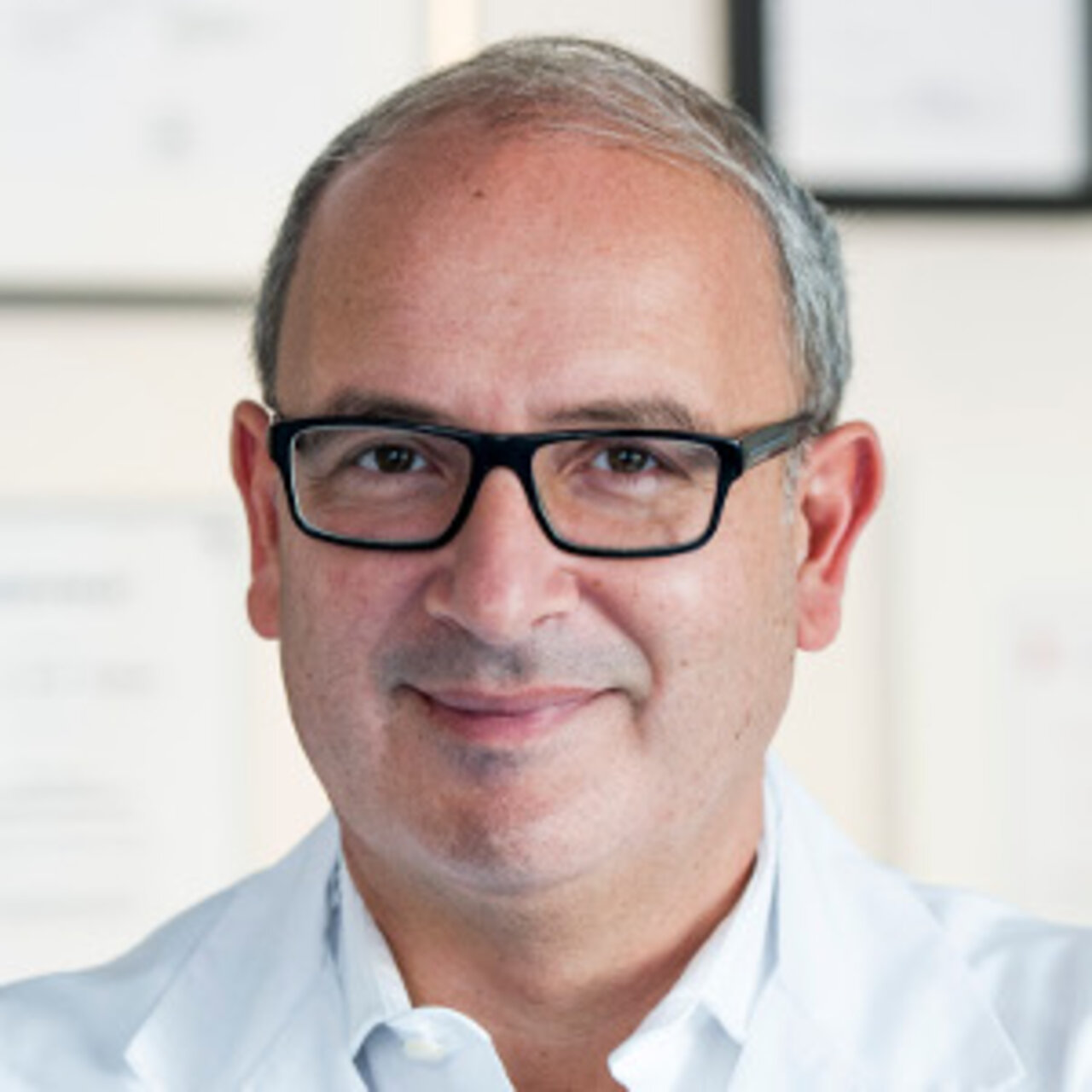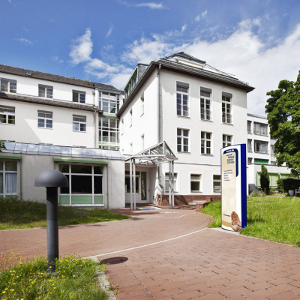Specialists in Gastric bypass
7 Specialists found
Information About the Field of Gastric bypass
iv class="richtext"> <h2>What is a gastric bypass procedure?</h2>
Gastric bypass is a type of surgical procedure for weight reduction. With a gastric bypass operation, the stomach is divided into a small pouch (15-25 ml) and a larger remnant pouch. The stomach pocket can only hold a small amount of food, resulting with the fast feeling of satiety. Parallel to this operation, the small intestine is redirected so that the digestive fluids from the gall blader and pancreas reach the food later.
 Through this rerouting, a large amount of nutrition and calories are not absorbed and are excreted undigested. The procedure should be carried out laparoscopically (using the “keyhole” technique), since it leads to less complications and discomfort, including a shorter recovery time in the hospital. A laparoscopic procedure requires only a few small incisions and the patient can recover quickly.
Through this rerouting, a large amount of nutrition and calories are not absorbed and are excreted undigested. The procedure should be carried out laparoscopically (using the “keyhole” technique), since it leads to less complications and discomfort, including a shorter recovery time in the hospital. A laparoscopic procedure requires only a few small incisions and the patient can recover quickly.
<h2>When should gastric bypass occur?</h2>
For every weight reduction surgery, it is required that structured and conservative therapy for weight reduction have been utilized. Conservative therapy is understood to include nutrition, exercise, behavioral modification and potentially psychological therapy.
The indication for operable therapy is often based on the BMI (Body Mass Index) of the patient. If there is failure by conservative therapy and a BMI of over 40 kg/m², or, a BMI of over 35 kg/m² with secondary illness (for example diabetes or high blood pressure), a surgical intervention is worthy of discussion.
There is no standard weight reduction surgery that is suitable for every patient. Every patient needs to be individually evaluated in order to determine which method is best. The method of selection is influenced by BMI, age, gender and secondary illnesses of the patient.
Additional operations for stomach reduction are:
- Sleeve gastrectomy
- Gastric banding
- Gastric balloon
- Gastric plication
- Biliopancreatic Diversion with Duodenal Switch (BPD/DS)
<h2>Gastric bypass operation advantages</h2>
The weight loss that can be achieved with gastric bypass is significantly greater than with either the gastric band method or sleeve gastrectomy. The average weight loss amounts to 61.6%.
Among weight reduction surgeries, 45% are so-called “gastric bypass” or “Roux-en-Y gastric bypass.” With this weight-loss reduction surgery, two methods of weight loss are combined.
The amount of food which can be absorbed in a meal is decreased, and the utilization of the food is reduced. Through this procedure the stomach size is reduced to a 15-25 ml “pouch” and the route of food is changed through the Y-reconstruction following the Roux method, so that digestive fluids are first combined in the mid small intestine.
Through the later contact of food and digestive fluids, the nutrients can only be absorbed through a fraction of the intestine. The rest of the nutrients are separated as stool. Through this gastric bypass method, a weight loss of 60-70% of the excess weight is achieved.
Approximately 80% of obese gastric bypass patients experience the remission of diabetes mellitus, an illness which can greatly decrease longevity. Through drastic weight loss the quality of life of the patient increases significantly.
<h2>Disadvantages of Gastric Bypass Surgery</h2>
Following the operation the overweight patient can develop a so-called “dumping syndrome.” This is a curse and a blessing at the same time. Foods with high sugar and fat content can no longer be tolerated. Nausea, dizziness and diarrhea are experienced in connection with these foods. These foods should be avoided, as in any case, for effective weight loss.
Highly fatty foods cause greasy and foul stools (steaatohrea). Unfortunately, due to the diversion of digestive fluids, important vitamins and minerals are separated, making dietary supplements necessary to prevent malnourishment throughout the patient’s life.
The intervention of gastric bypass presents greater risk than other surgical weight reduction methods, such as gastric banding. Due to the diversion of the digestive tract, an endoscopic examination as well as an ERCP (endoscopic retrograde cholangiopancreatography) are no longer possible. In case that weight gain occurs despite the gastric bypass, further surgical possibilities are limited or difficult.
To avoid deficiency diseases, life-long follow up care for the patient with experienced doctors or nutrition specialists is necessary. Thorough nutrition counseling is strongly suggested prior to and after the procedure.
<h2>Which doctors and clinics are gastric bypass surgery specialists?</h2>
Anyone considering bariatric surgery would want the best medical care. The patient asks, “where can I find the best clinic for gastric bypass surgery?”
Since this question can’t be answered objectively and a serious doctor would never assume that he is the best doctor, one can only depend of the experience of the doctor. The more weight reduction surgeries a doctor conducts, the more experienced they have in this area of expertise.
Gastric bypass specialists are visceral surgeons who have specialized in weight reduction surgery. Through their experience and long term occupation as abdominal surgeons with emphasis on bariatric surgery, they are the right contact person for gastric bypass surgery.
Sources:
Informationsbroschüre für Patienten über Adipositaschirurgie, Johnson&Johnson MEDICAL GmbH, Ethicon Endo-Surgery
Adipositaschirurgie Indikation, Operationsverfahren und Erfolgsaussichten; Thomas P. Hütt






